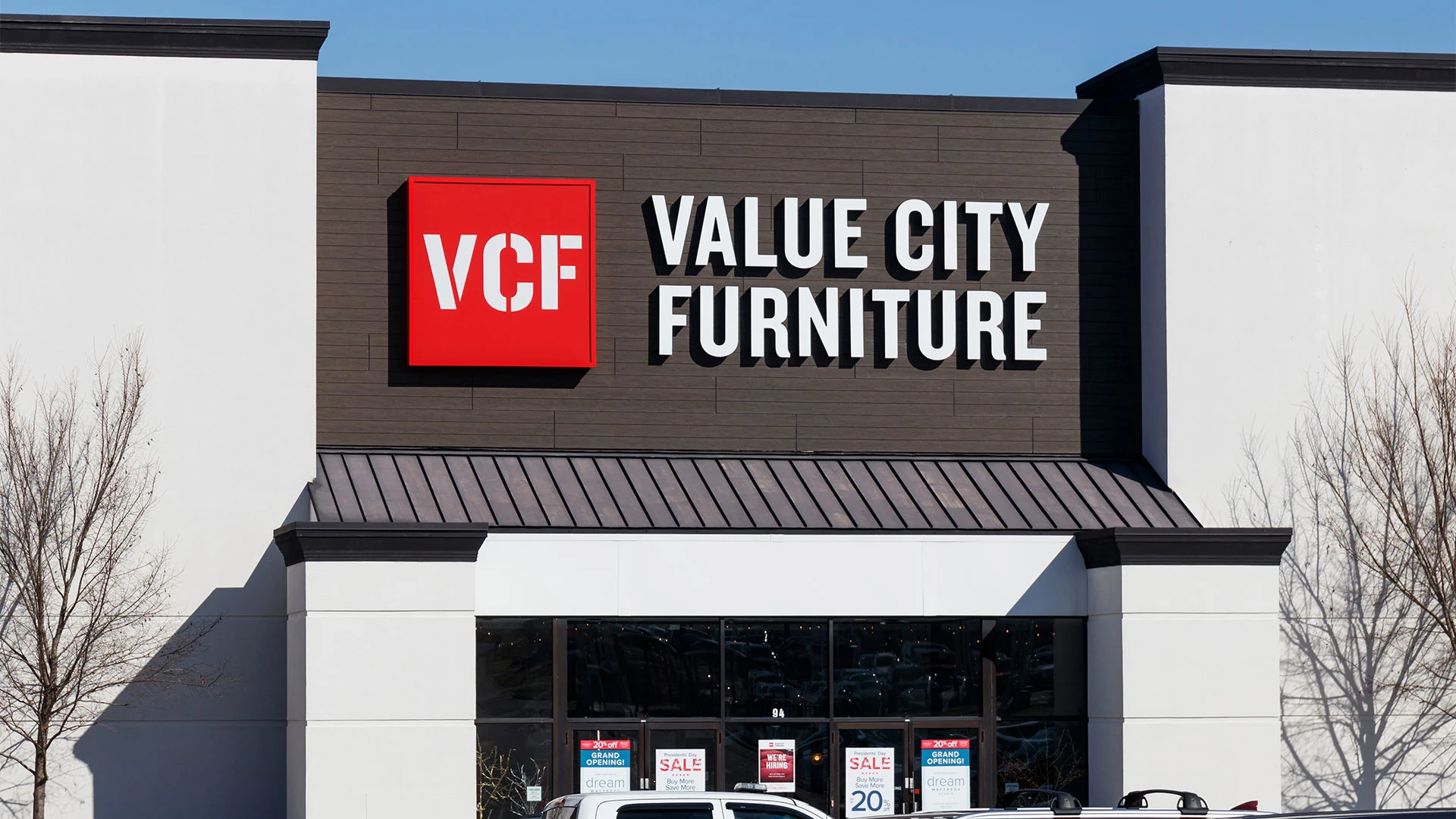
"American Signature Inc (ASI), parent company of American Signature Furniture and Value City Furniture, said Sunday that it has secured $50 million in debt financing as it seeks a buyer in an auction process. Here's what to know. What is ASI and why is it bankrupt? Founded it 1948 and based in Columbus, Ohio, American Signature Inc is the parent company of two home furnishings retail chains: American Signature Furniture and Value City Furniture."
"Combined, the company has 120 stores across 17 states, it said in a court declaration over the weekend. The Value City brand is spread out across more states, with stores in Illinois, Indiana, Kentucky, Maryland, Michigan, Missouri, North Carolina, New York, Ohio, Pennsylvania, and West Virginia. American Signature, meanwhile, has locations in Delaware, Florida, Georgia, and Tennessee. Additionally, the company has distribution centers in Ohio, Georgia, Indiana, and California, two of which are owned and two of which are leased. ASI employs roughly 3,000 people."
"As for why it's filing for bankruptcy, the retailer noted that it had experienced a period of rapid growth during the COVID-19 pandemic, but that sales have slipped over the last year. It cites a number of reasons for its dire straits, notably "one of the most severe housing market declines in recent history." Macroeconomic factors including rising interest rates and inflation have further exasperated the situation for ASI, as have "newly established tariffs.""
American Signature Inc (ASI) is the parent company of American Signature Furniture and Value City Furniture with 120 stores across 17 states and roughly 3,000 employees. ASI sought Chapter 11 bankruptcy protection and obtained $50 million in debtor-in-possession financing to support an auction process and search for a buyer. The company reported rapid growth during the COVID-19 pandemic followed by sales declines over the past year. The retailer attributed financial distress to a severe housing market decline, rising interest rates, inflation, higher costs, and newly established tariffs. ASI expects most stores to remain open during the process while identifying several planned closures.
Read at Fast Company
Unable to calculate read time
Collection
[
|
...
]